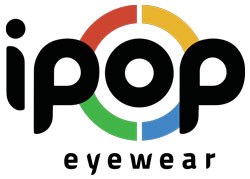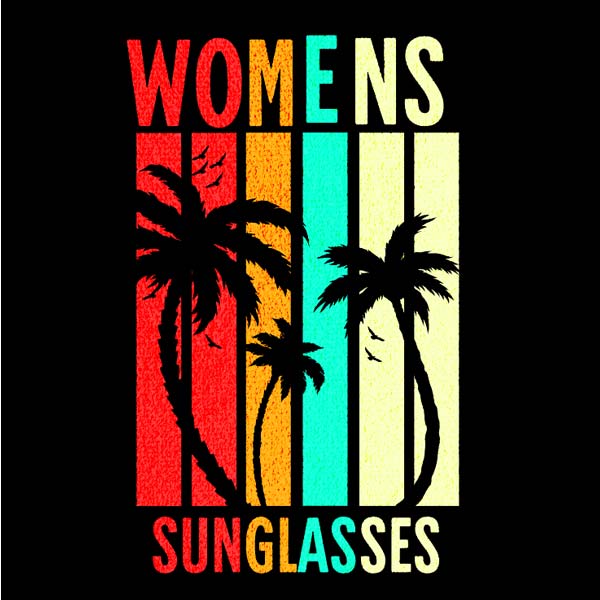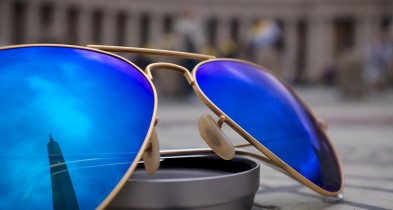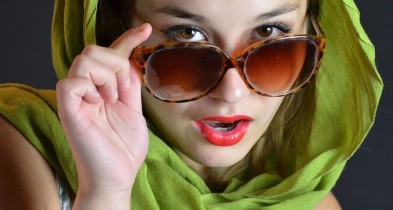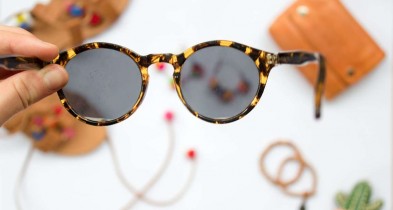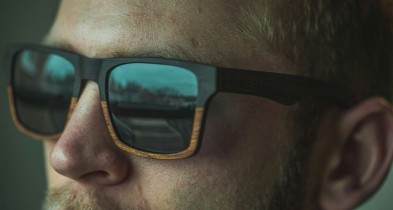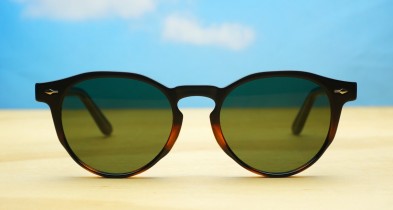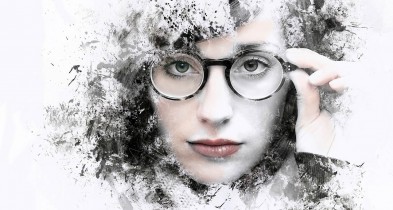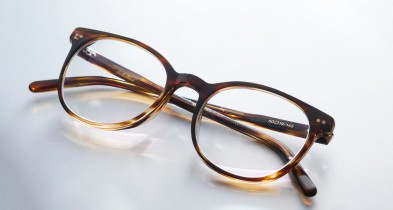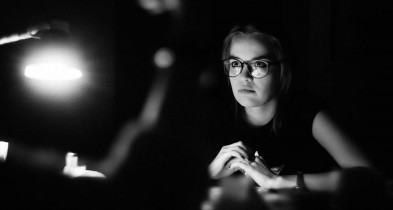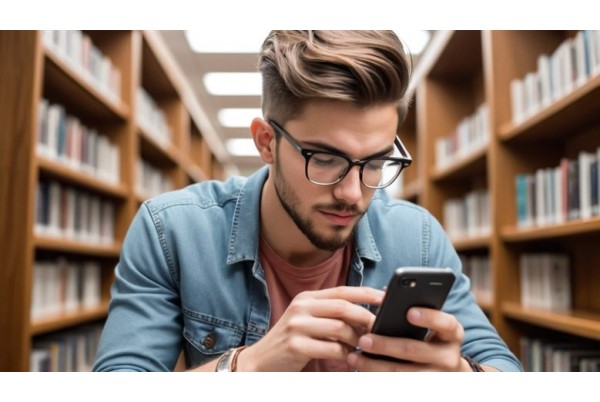
Are they Worth the Hype?
TVs, laptops, phones etc dominate our lives and we’re glued to them for hours. That’s where blue light glasses come in, often called blue blockers or computer specs. But do they actually help, or are these glasses just a fashion fad?
So What Is Blue Light?
Natural blue light helps regulate our sleep-wake cycle and it keeps us alert during the day. However, if we get too much blue light in the evening (when it's dark) from a digital device then this can disrupt melatonin, which is the hormone that signals when it’s time to sleep and wake.
Our devices such as TV's, phones, laptops and tablets emit blue light too and we spend so much time on our devices that people are starting to worry about the impact on their eyes and sleep.
How Blue Light Glasses Could Help
They can ease eye strain. Research suggests that blue light from screens can cause eye-strain, headaches and blurry vision etc. Blue block glasses filter out a lot of that blue light and reduce the load on your eyes.
Better sleep is another potential perk. By reducing blue light exposure at night your not blocking melatonin from doing its job. The science isn’t conclusive yet, but the early signs are quite promising.
Comfort’s a big draw too. Users often say screens feel less harsh, less glare, clearer visuals. That’s handy for long work or gaming sessions.
Plus, they look good. iPOP Eyewear NZ offers plenty of stylish options for just $25, making it easy to try them out without breaking the bank.
Where They Fall Short
The science is still catching up. Some studies show benefits, but we need more solid evidence to be sure.
Colour accuracy can take a hit. The lenses might make things look a bit dull, which can be a hassle for designers or photographers who need true-to-life visuals.
They’re not a complete solution. Good eye health still relies on taking breaks, lowering screen brightness, and sitting right. Glasses alone won’t fix everything.
Over-filtering can be an issue too. Block too much blue light, and you might mess with your body’s natural sleep-wake rhythm. Choose carefully to avoid going overboard.
Who Could Benefit?
People with eye fatigue from long screen sessions might find relief. If you’re working late on devices or struggling to sleep after evening screen time, they’re worth a shot—though building better sleep habits is still key.
How to Pick the Right Pair
Stick with reputable brands that are upfront about their filtering tech. Look for extras like anti-glare or scratch-resistant coatings for added value.
If possible, try them on to find a style and colour that feels right. Start by wearing them at night—say, while watching TV or scrolling on your phone—to ease into it. They’re best for screen use, not all-day outdoor wear.
Blue light glasses are still a relatively new thing, but the research is growing, and the early buzz is positive. They could help with eye strain or sleep when paired with smarter screen habits.
Read more on circadian rhythms and blue light here.
Now read about optimising your circadian rhythm and blue light.
